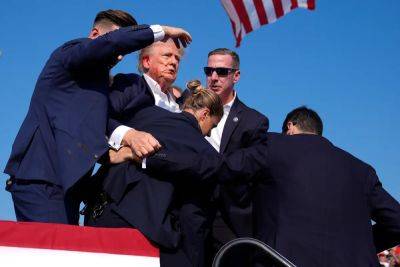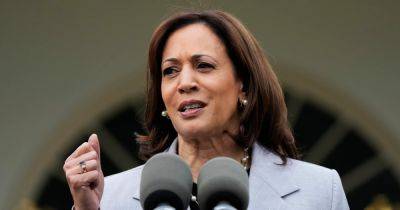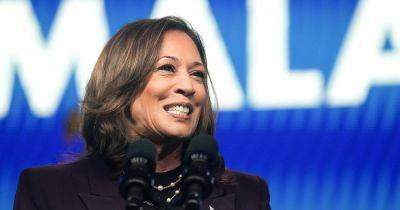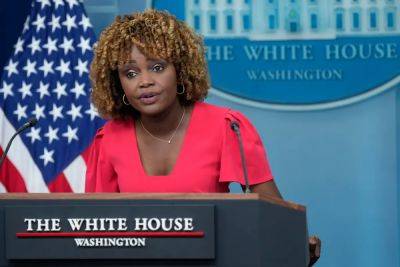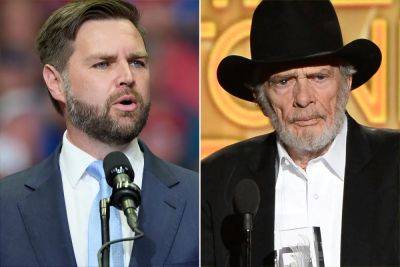Divided and Undecided, 2024’s America Rhymes With 1924’s
Things should have been settled. The weary delegates should have already chosen a presidential nominee, packed up their Welcome to New York souvenirs and returned home in time for the nation’s celebration of what it stood for.
Instead, the study in indecision that was the Democratic National Convention of 1924 staggered through the Fourth of July weekend, its 3,000 delegates all but ensnared in the red-white-and-blue bunting adorning a tired Manhattan arena slated for demolition.
The convention, which lasted 16 days and an astounding 103 ballots, is notorious both for being the longest in history and for being infected by the Ku Klux Klan, which cast a long shadow over the America of that time. Just a few dozen miles to the south, it was celebrating a white-nationalist Independence Day with a hood-and-robe parade right down the Broadway of a beachside New Jersey city.
The simultaneous events reflected the divide over what it meant to be an American. Instead of proudly asserting who we are, that distant summer day raised a question being debated over the July Fourth weekend a century later: Who are we?
At play were the tensions between the rural and the urban; the isolationist and the world-engaged; the America of white Protestant Christianity and the multiracial America of all faiths; the America that distrusted immigrants and the America that saw itself in those immigrants, and wished to extend a hand.
Exploiting these conflicts was the Klan, the post-Civil War white-supremacist organization that had been resurrected a decade earlier. Its “America First” mantra resonated with an aggrieved Protestant middle class — some Republicans, some Democrats — who sensed their power slipping away.


